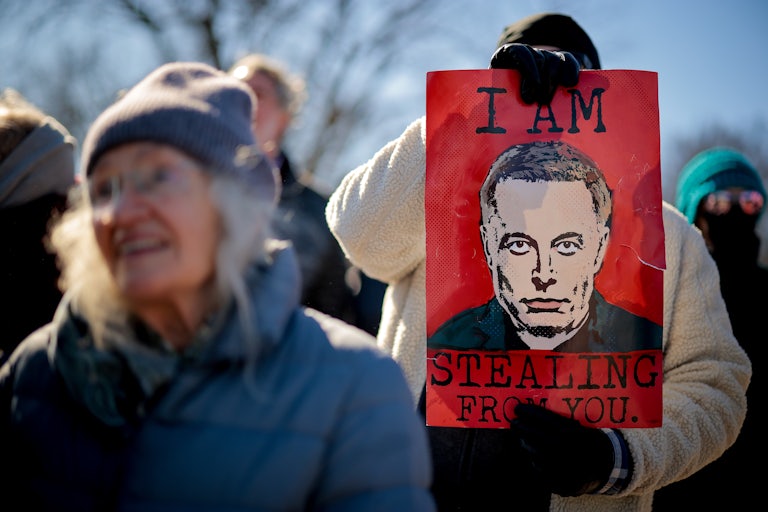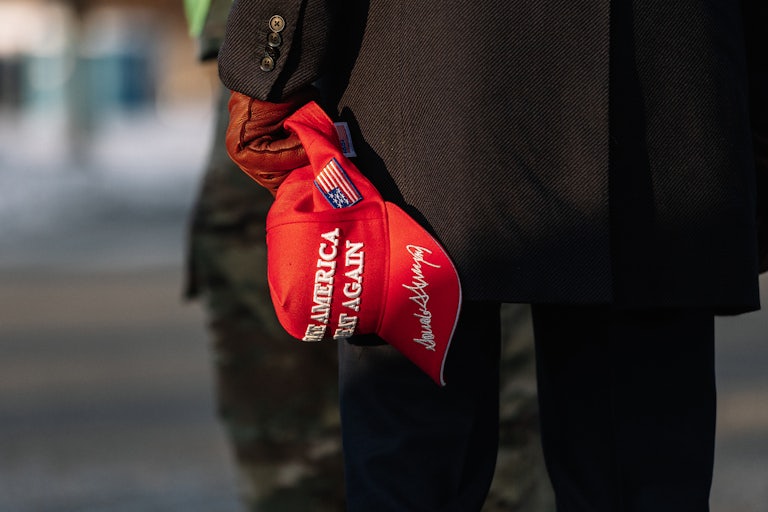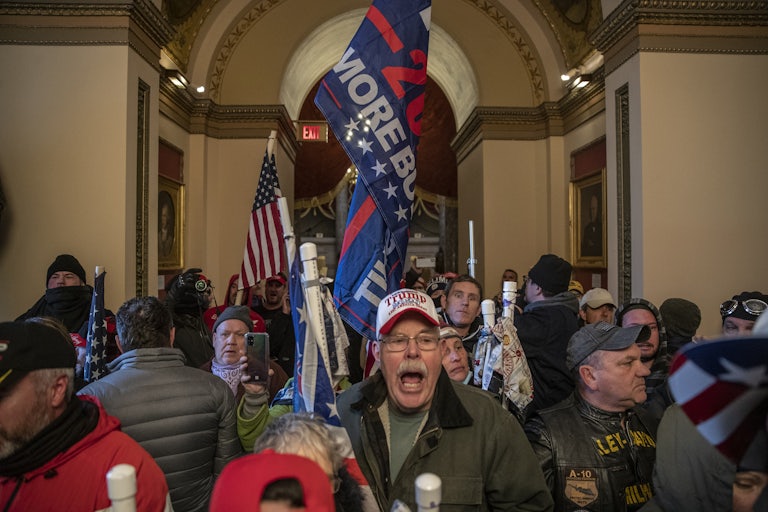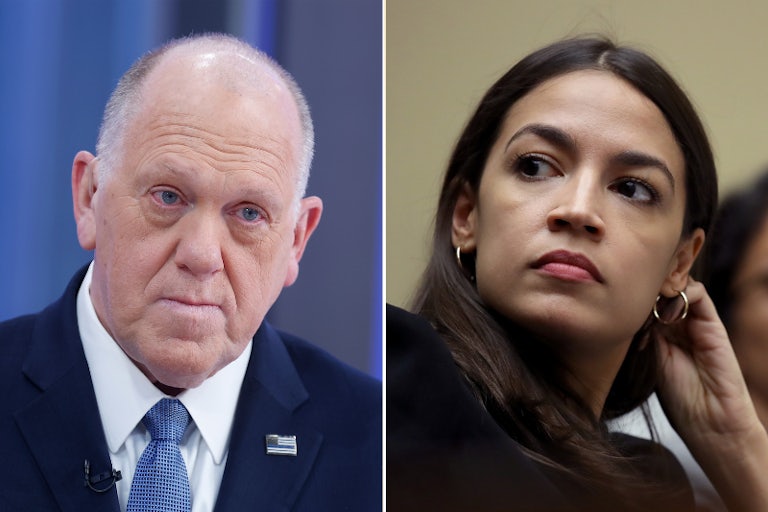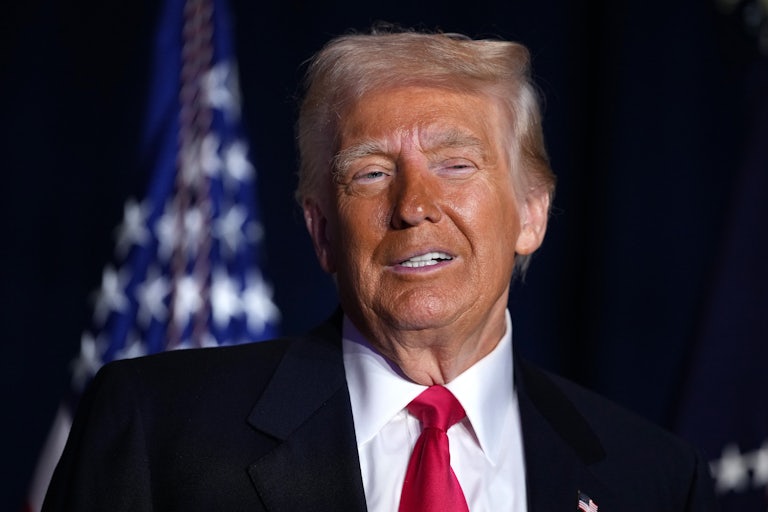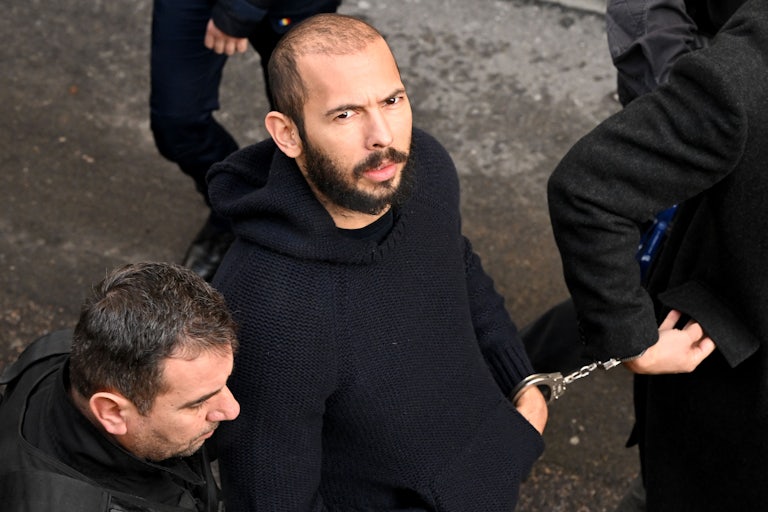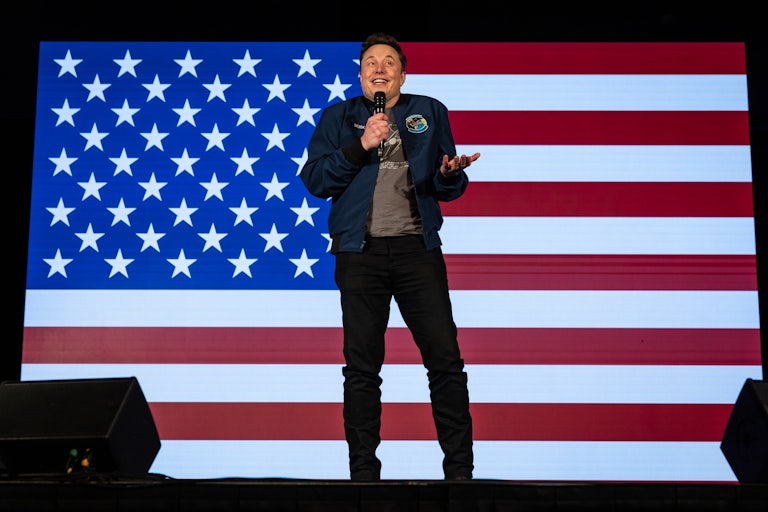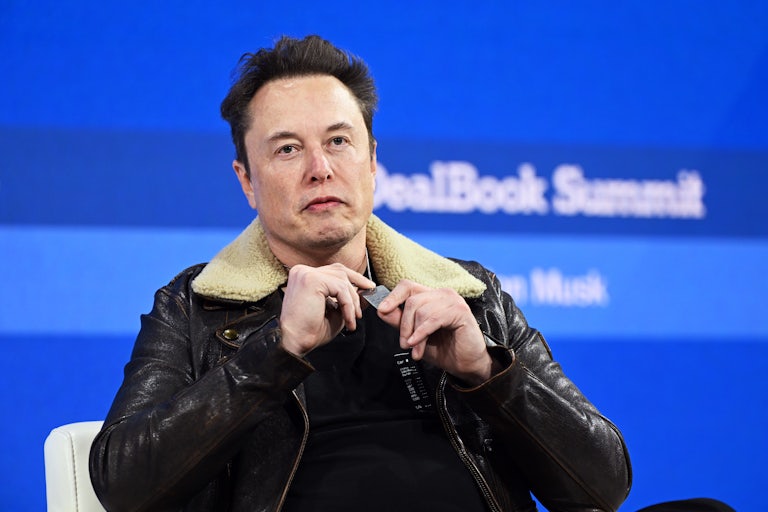Trump Uses Supreme Court Immunity Ruling to Claim “Unrestricted Power”
Donald Trump says the Supreme Court already gave him the power to purge the federal government.
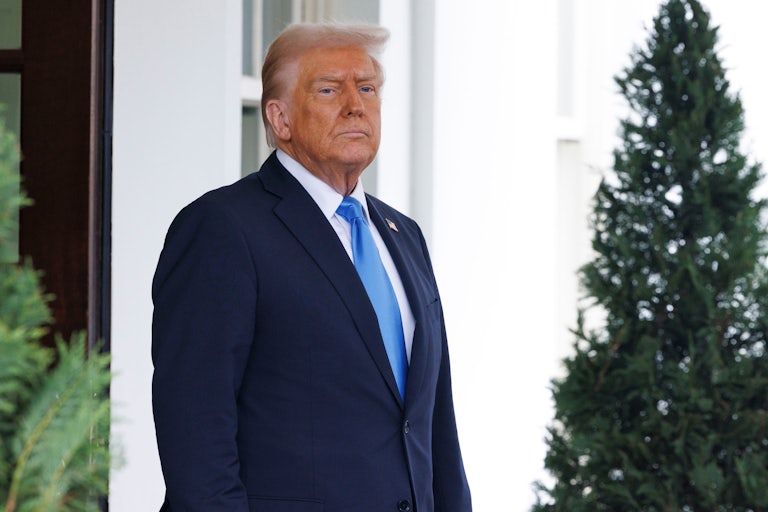
Donald Trump is arguing to the Supreme Court that they have already given him “unrestricted power” to fire people.
The White House’s acting solicitor general, Sarah M. Harris, cited the Supreme Court’s July decision giving the president near-total immunity in an appeal Sunday asking the high court to overturn a lower court order blocking Trump’s decision to fire the head of the Office of Special Counsel, Hampton Dellinger. The office is an independent agency whose mission is to safeguard whistleblowers in the government and to enforce some ethics laws.
In July, the Supreme Court ruled that “the President’s management of the executive branch requires him to have unrestricted power to remove them [agency heads] in their most important duties,” Harris said in her filing, arguing that the lower court’s order was “an unprecedented assault on the separation of powers that warrant[ed] immediate relief.”
“This court should not allow lower courts to seize executive power by dictating to the president how long he must continue employing an agency head against his will,” the filing states.
Was the president having “unrestricted power” the intention of the 6-3 Supreme Court majority when it ruled in Trump’s favor on presidential immunity last year? At the time, Trump was trying to skirt federal charges for allegedly mishandling classified documents and attempting to overturn the 2020 election results, an effort that ultimately paid off.
Now, this legal filing not only seeks to cement unlimited presidential power in firing employees, but also challenges Congress’s authority to limit the president’s mass purges. Trump’s efforts to overhaul the federal government would get a big boost if he gets a favorable ruling from his conservative friends on the Supreme Court. The question is whether they think a president should have those powers, or if they think the presidency needs some guardrails.
